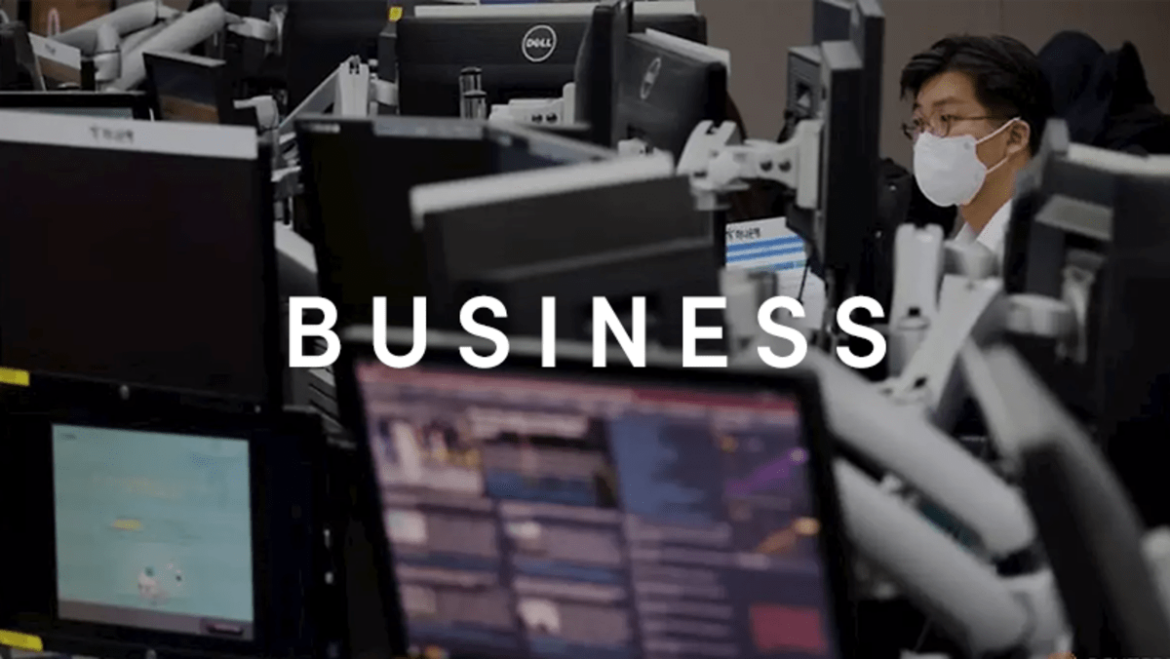US officials face tough choices for subsidizing AI chip manufacturing
SAN FRANCISCO : U.S. officers maintain earmarked shut to $30 billion in subsidies for evolved semiconductor manufacturing, aiming to bring cutting-edge synthetic-intelligence chip vogue and manufacturing to American soil.
But with money put to initiate flowing within the following couple of weeks, appealing in that purpose is a lot from particular, industry experts recount. The Biden administration must weigh how a lot taxpayer money to allocate among Taiwan Semiconductor Manufacturing, an spectacular foreign leader, and Intel, a beleaguered homegrown firm whose turnaround efforts remain promising but untested.
Iklan
Making a wager on AI chips is also hard within the like a flash evolving industry. Handing out subsidies this day to the likes of Intel, TSMC or Samsung Electronics, which is also vying for federal greenbacks and is the handiest other company on this planet that will presumably maybe perform evolved chips, would not guarantee safety within the AI landscape of the future.
“AI itself is transferring so like a flash, once you occur to level of curiosity on this day’s AI chips, presumably two years from now it is a whole diverse aspect,” said Jay Goldberg, chief govt of D2D Advisory, a finance and map consulting company. “As against the (customary) avenue blueprint of evolved chipmaking which all of us know rather clearly for the following decade.”
The money will map from the U.S. CHIPS Act, which passed in 2022. Intel, TSMC and Samsung are all constructing factories within the U.S. and are all possible to receive some stage of U.S. subsidies. The main demand is how U.S. officers allocate the money to fulfill the aim of bolstering AI chip production.
“We don’t procure or bundle any of the stylish AI chips wanted to gasoline the innovation ecosystem and energy our most basic protection systems,” U.S. Commerce Secretary Gina Raimondo said in a speech final month. “We can not perform the following technology of technological leadership on this sort of shaky foundation.”
The Commerce Division declined to comment.
Iklan
MADE IN TAIWAN
TSMC, the global leader in making AI chips, has but to commit to bringing its most evolved technology to the US.
Today, TSMC manufactures chips for Nvidia, Evolved Micro Devices, Microsoft and Alphabet’s Google in Taiwan. The firm isn’t very anticipated to bring its evolved 3-nanometer manufacturing, which is already outdated to perform iPhone 15 Knowledgeable chips, to Arizona until at 2027 or 2028, no topic starting mass production in Taiwan final yr. It has not disclosed any plans to bring 2-nanometer technology, which is in a station to initiate production subsequent yr in Taiwan, to the U.S.
A TSMC spokesperson said the firm has made “trendy growth in productive ongoing discussions with the U.S. authorities on creative funding” and its first factory within the U.S. “will enable the leadership within the 5G and synthetic intelligence technology for decades.”
TSMC rival Samsung has a factory in Taylor, Texas, beneath construction that is anticipated to deploy the firm’s most evolved manufacturing technology. But in step with analysts and industry sources, Samsung has long struggled to procure ample realistic chips on every silicon wafer to perform high- quantity manufacturing profitable.
Iklan
In an emailed observation, Samsung referred Reuters to its fourth-quarter earnings call, where executives said its evolved manufacturing processes are mass-producing chips, and that orders for its AI accelerator chips are rising.
That leaves Intel, which has said it could truly presumably maybe well tag its most cutting-edge manufacturing processes – known as “18A” and “14A” – within the U.S. But it completely has not publicly disclosed any main prospects who thought to employ the technology to perform AI chips.
Allocating a enormous chunk of CHIPS Act funding to Intel, which many analysts search info from the U.S. authorities to realize, is basically a gamble on Intel’s turnaround thought that CEO Pat Gelsinger announced in early 2021 after taking on.
Intel offers some advantages. AI chips are increasingly made up of smaller “chiplets” that desire to be packaged together, and Intel says it is going to combine chips made in its bask in factories with others fabricated by rivals comparable to TSMC.
“Their bias is that they’re going to be the (manufacturer) of preference for these crazy complex systems of chips. They most frequently’re going to realize that within the US,” said Ben Bajarin, chief govt of analyst company Artistic Ideas.
Iklan
But to alter into an AI chip powerhouse, Intel has the subtle project of retaking the manufacturing lead from TSMC. Then it must change into its industrial to a carrier-oriented contract manufacturer for outside prospects.
Whereas impartial lately unveiled Intel manufacturing technology seems to be promising on paper, the actuality is that near to every evolved AI chip currently within the marketplace is made by TSMC.
“The supreme plight they’ve is to assemble,” Dan Hutcheson, vice chair at analyst company TechInsights, said of Intel. “The total foundry industrial is a correct yr or two away sooner than they either perform it or spoil it.”
An Intel spokesperson said in an announcement that the firm is heading in the right direction with its “18A” project, which it expects to be “manufacturing-ready” within the 2d half of the yr.
Source: Reuters


